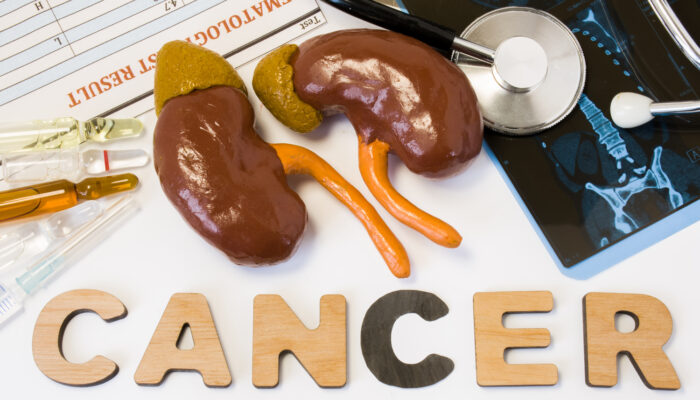
Managing Eczema and Atopic Dermatitis
Atopic dermatitis, commonly called eczema, is a common condition that can be experienced at any age. It is a chronic condition that flares at times, which are primarily caused by external irritants. At times, this condition is accompanied by other conditions like hay fever or asthma. Currently, there is no cure for this type of dermatitis, but symptom management is available. Understanding the symptoms of the condition and managing through self-care can help manage itching and help you avoid new outbreaks. Some patients find that certain soaps irritate their skin. Others find that moisturizing their skin regularly helps prevent their symptoms from flaring. To understand what treatments are available, you must first understand the symptoms experienced with this type of chronic dermatitis. Eczema symptoms can range dramatically from person to person. The symptoms can be mild, or can become severe and interfere in your daily life. Symptom management will be determined by how widespread and how severe your symptoms are. Symptoms include:
- Dry, irritated skin
- Itching that becomes worse at night
- Varying shades of red or brownish-gray patches on the skin
- Small bumps. Can be dry but can also leak fluid and become crusted over if scratched.
- Skin that is thickened, scaly, or cracked in appearance.
- Skin that feels raw and sensitive to touch.
Most patients that suffer from eczema experience symptoms before the age of 5. These symptoms typically persist into adolescence and even adulthood. Some people do not experience symptoms for years, but then experience flares that are especially uncomfortable.
Diagnosing this condition is typically done by reviewing medical history and a visual examination of the skin for the symptoms mentioned above. Other tests may be completed to ensure other skin conditions are not present. Your doctor may also want to rule out food allergies as the cause of the symptoms. Dermatitis can be a persistent condition. Many patients try several of the following treatments before they find one that does work for them:
1. Corticosteroids
There are many corticosteroid creams and ointments that help control itching and helps the skin heal faster than it normally would. They are also known to help the body prevent infection, and bounce back from infection faster than it would on its own. These medications can also be prescribed in pill form to help treat a flare.
2. Calcineurin inhibitors
Medications classified as calcineurin inhibitors can help the body prevent flares. These are typically only used in patients over the age of 2 and come in the form of a moisturizing cream.
3. Antibiotics
If a patient has experienced a flare that caused severely cracked skin, it is probable their doctor will prescribe an antibiotic to prevent infection. These antibiotics are used on a short term basis.
4. Biologics
A newer approach to treatment includes a class of drug known as injectable biologic medication. It is used in severe cases and typically reserved for patients who have not responded to other treatment options.



